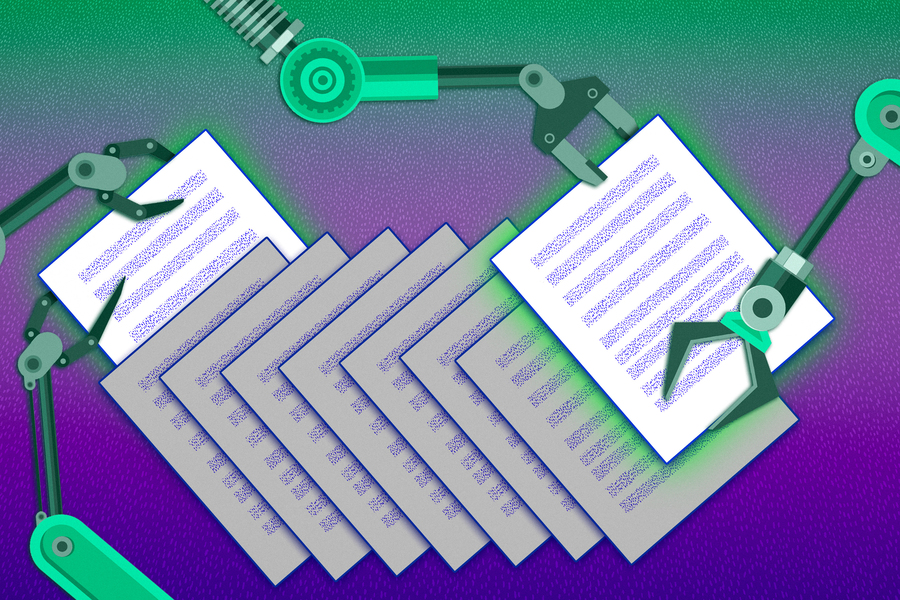Statistics and Data Science Seminar Series
TBD
Robert Nowak (University of Wisconsin-Madison)
E18-304
A new international collaboration unites MIT and maritime industry leaders to develop nuclear propulsion technologies, alternative fuels, data-powered strategies for operation, and more.
READ MOREThrough partnerships with organizations like BREIT in Peru, IDSS is upskilling hundreds of learners around the world in data science and machine learning.
READ MOREOwning a home is one of the most important ways of building wealth in America. As rises in home prices outpace rises in income, fewer and fewer Americans can afford to buy a home, causing the generational wealth gap to widen. Housing assistance programs are imperative to expand access to homeownership – particularly for Black Americans, who have historically been excluded from stable homeowning through policies and practices including redlining and exclusionary zoning. Designing effective housing assistance requires understanding where gaps in affordability currently exist for potential homeowners. Read more.
READ MOREThe racial wealth gap in the US remains a persistent issue; white individuals possess six times more wealth than Black individuals. Leading scholars and public figures have pointed to slavery and post-slavery discrimination as root cause factors, and called for reparations. Yet the institutionalization of race-neutral ideologies in policies and practices hinders a reparative approach to closing the racial wealth gap. Read more.
READ MOREiBuyers use automated valuation algorithms and streamlined home-buying processes, including exemption of repairs before selling and cash offers, to purchase homes. Previous literature has examined the roles and limitations of iBuyers in the housing market, but there is a lack of empirical research on the racial implications of these algorithmic home-buying processes. Using spatial lag model, this study identifies spatial clustering of iBuyer profit margins and a statistically significant and positive correlation between profit margins and the rise in the proportion of Black or Latinx residents within a given neighborhood tract. This work will be submitted to Journal of Urban Affairs. Read more.
READ MOREUsing data from 2000+ police departments, this project measures the effects of policing technologies, including face recognition, drones, body-worn cameras, predictive policing, and home security partnerships, on racial biases in law enforcement.
READ MOREA large proportion of police-citizen interactions are initiated by 911, and thus pairing 911 call data with police stop data provides a step toward a more systematic causal framework for estimating racial bias.
READ MOREPredictive policing systems use narrowly scoped data and narrowly defined objectives that lead to 'hotspot' policing — disproportionate policing of small areas. What impact does this have on communities beyond how it effects crime? We examine how algorithms can lead to changes in police practices and policies.
READ MOREApplying a systematic framework to causally understand the effect of race on policing, the policing team looks at linked data quantitatively to estimate how different races benefit or suffer differently from the same policy interventions.
READ MOREInstitute for Data, Systems, and Society (IDSS) is committed to addressing complex societal challenges by advancing education and research at the intersection of statistics, data science, information and decision systems, and social sciences.

IDSS faculty Emery Brown will serve as one of two MIT faculty leads for the program, which will fund joint research projects that advance technology and clinical research.

Mission Innovation x, launched by a team including IDSS faculty Sertac Karaman, creates education and research opportunities while facilitating connections between defense agencies and MIT innovators.

In a new study, researchers including IDSS faculty Ali Jadbabaie, Stefanie Jegelka and SES/IDPS student Xinyi Wu discover the root cause of a type of bias in LLMs, paving the way for more accurate and reliable AI systems.